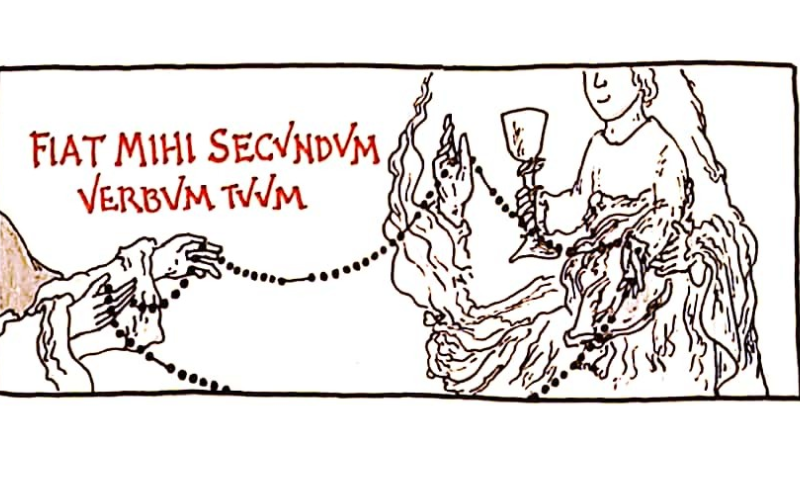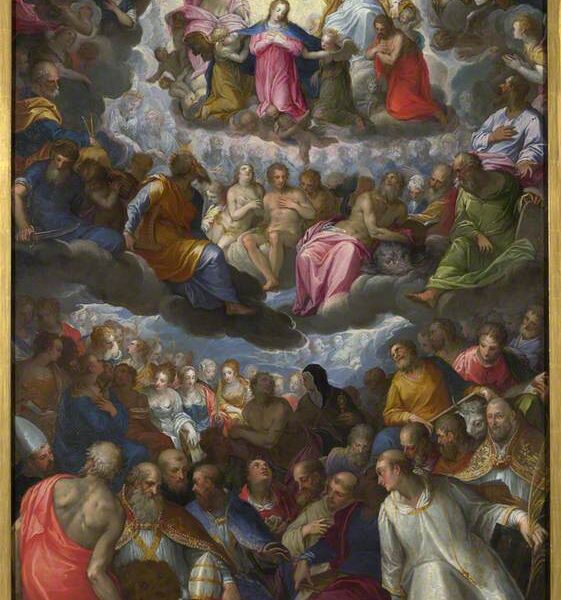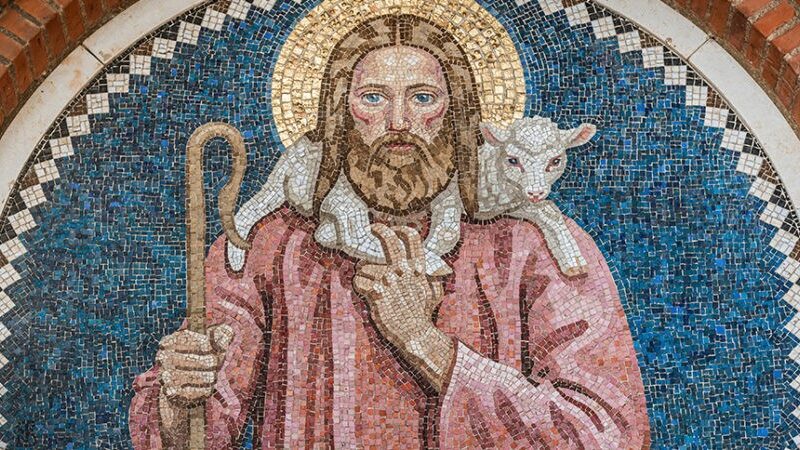
The Penitential Rite

This goes for our second addition, the threefold repetition of; ‘through my fault, through my fault, through my most grievous fault’. The repetition here is not just for dramatic effect, though no one could argue that it fails to get the message home. However, by its threefold nature it reminds us of the three persons of the blessed Trinity against whom we have sinned. When we sin, we sin against the Father, Son and Holy Spirit, and when we say these words we publically acknowledge that fact and that we seek the mercy and help of the Triune God whom we seek to draw closer to.
Lastly, we find that as we once proclaimed ‘and I ask Blessed Mary…’ we now say: ‘therefore I ask Blessed Mary…’ It looks a very minor change, hair-splitting some might say, but again there is real depth of meaning here. We sin and we pray to Our Lady or we sin and therefore pray to Our Lady? The latter option certainly brings out the need we have of our most powerful intercessor. We don’t sin and pray, we pray because we have sinned. We turn therefore to Our Lady and all the Saints to plead on our behalf, to heal the gulf that sin opens in our lives and we recognise the vital place which the prayers of Our Lady and the Communion of Saints have in helping us to heal that gulf. Again, we recognise that our sins are not ‘private’ but also that we are not alone on the journey toward the Kingdom of God.


